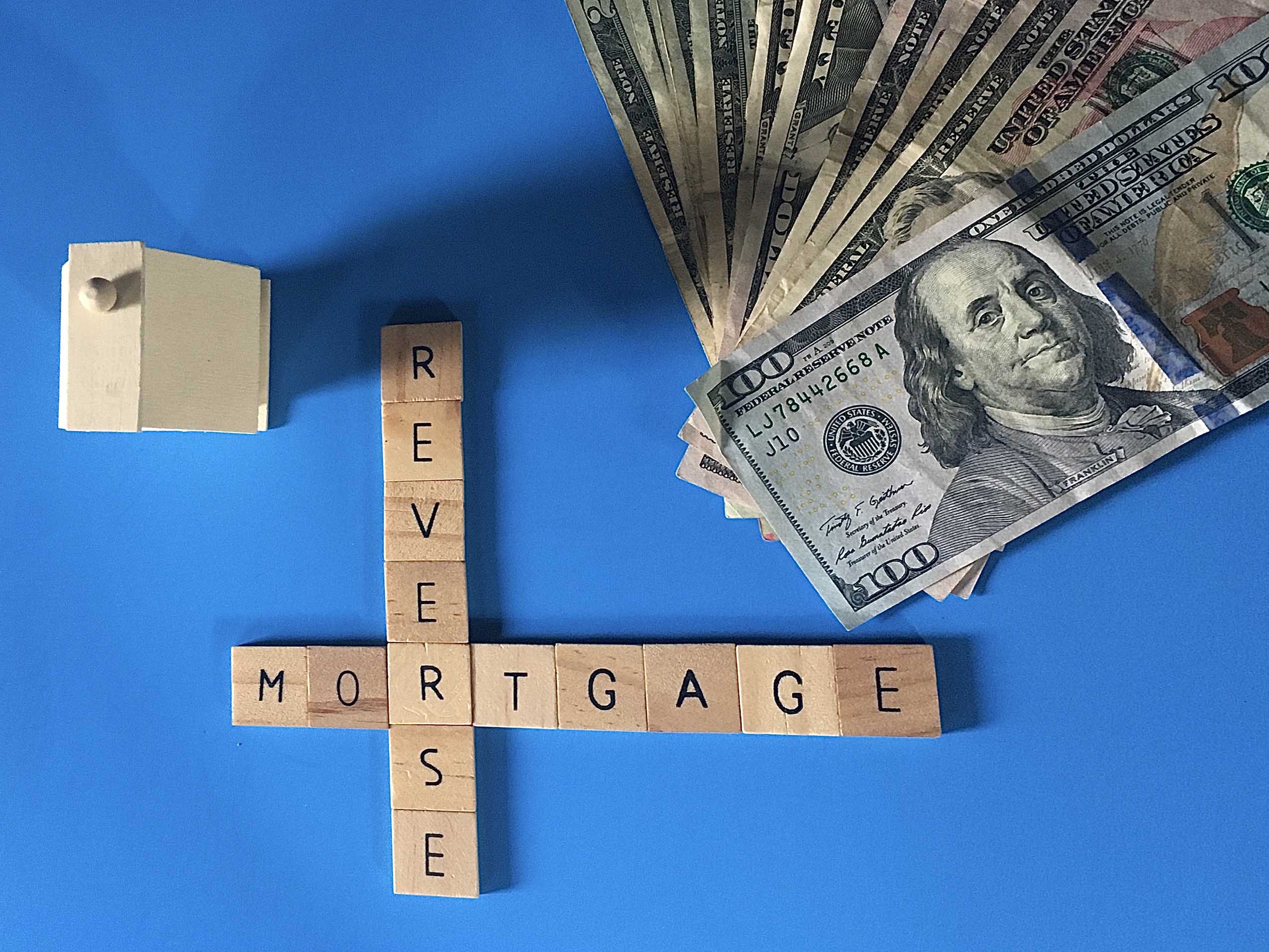Personal Letters May Not Always Do It
Agents often coach their buyers’ clients to write nice letters to the seller or include a family photo to try to add more of a human touch in an effort to stand out favorably. These extra ingredients rarely seem to tilt the scale in their direction however, as they are out-bid by all-cash investors or much more committed “owner-users.”
Seasoned agents in the business for 30+ years are often baffled by the challenge of how to counsel a buyer trying to compete in today’s environment. If they base their advice on the theoretical actual value, they are often surprised at how much higher someone else in willing to offer.
Builders have frequently, not only offered the highest price, but also include attractive terms such as letting the seller retain possession for many weeks after the escrow has closed.
As most prospective buyers need to obtain a loan to make the purchase, it is imperative that they make every effort to get fully approved for a loan before writing an offer. The real cost to a buyer may be considered as the monthly payments needed to service the loan, rather than just the purchase price itself.
Historic Low Rates Remain the Theme
As long as interest rates remain around the near-historic low level, buyers can still afford to pay a higher price than they will when interested begin to increase. As the cost of money increases even by only one percent, the actual carrying costs to own the house could increase by as much as 20-25%!
The combination of increasing cost of money in addition to higher prices may result in many potential buyers remaining in leases or neighborhoods they would prefer to be moving out of. This is the risk if a buyer does not succeed in a purchase by waiting or making offers that are not high enough.
Learn to Compromise
Frequently, we notice that home seekers are not as willing to compromise in their search criteria as much as was seen in all previous strong markets. They gradually find ways to pay a bit more after many months of attempts to purchase. However, often they still fall short by 3-10% from what it would take to outbid others.
It may be worth having thorough consultations with a loan broker, their accountant, as well as their real estate agent to explore the various alternatives and take into consideration both the short and long-term potential costs involved.





